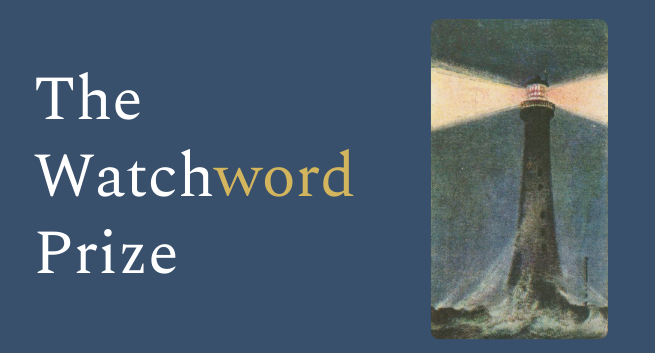Don’t let 2023 pass you by without trying your luck at a writing contest! Prizes with a December 15 deadline include a weeklong residency at Millay Arts in Austerlitz, New York, and $1,000 (including $500 for a reading in New York City) for a poetry chapbook; $1,500 and publication for a short story; and $1,000 and publication for a poetry collection. Read on to learn more, and best of luck to you!
Center for Book Arts
Poetry Chapbook Contest
A prize of $500 and letterpress publication by the Center for Book Arts is given annually for a poetry chapbook. The winner will also receive 10 copies of their chapbook, an additional $500 to give a reading with the contest judge at the Center for Book Arts in New York City in fall 2024, and a free weeklong residency at Millay Arts in Austerlitz, New York, for their Wintertide Rustic Retreat. Manuscripts written in another language are accepted when accompanied by an English translation. Entry fee: $30.
Gival Press
Poetry Award
A prize of $1,000 and publication by Gival Press will be given biennially for a book of poetry. Beverly Burch will judge. Entry fee: $20.
Longleaf Press
Book Contest
A prize of $1,000, publication by Longleaf Press, and 25 author copies is given annually for a poetry collection. The winner will also be invited to give a virtual reading in early 2024. Roger Weingarten will judge. Entry fee: $27.
Story
Story Foundation Prize
A prize of $1,500 and publication in Story is given annually for a short story. Entry fee: $25.
Willow Books
Literature Awards
Three prizes of $1,000 each and publication by Willow Books are given annually for a book of poetry, fiction, and creative nonfiction by BIPOC writers. Entry fee: $25.
Visit the contest websites for complete guidelines, and check out the Grants & Awards database and Submission Calendar for more contests in poetry, fiction, creative nonfiction, and translation.





